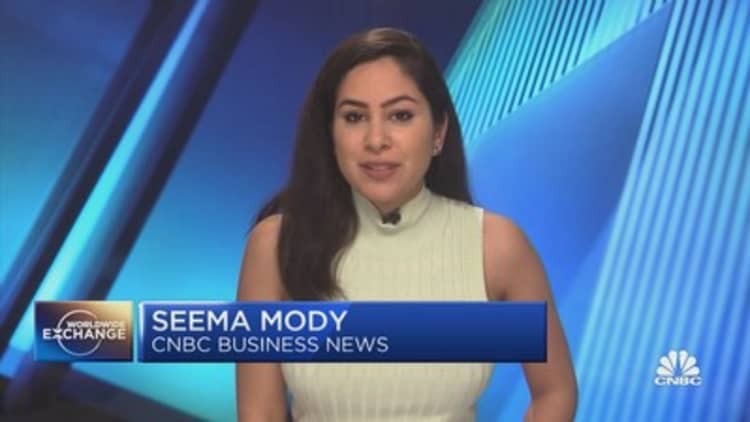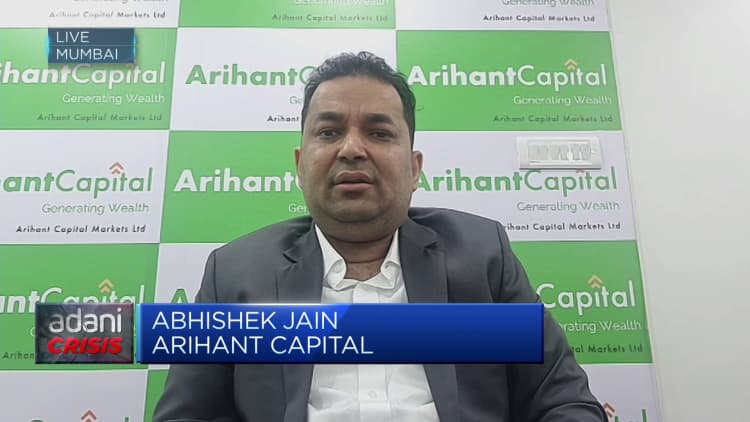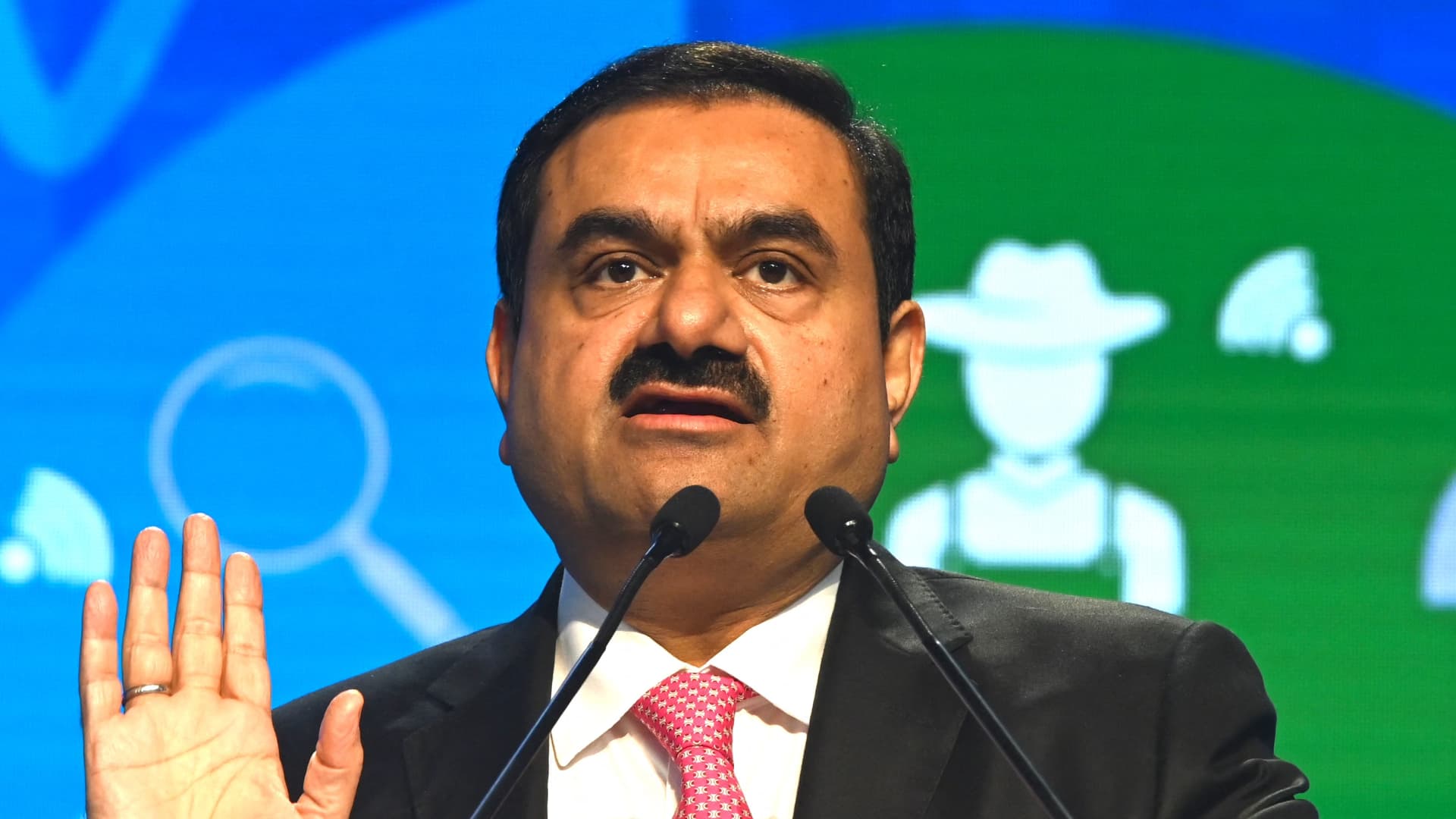Chairperson of Indian conglomerate Adani Group, Gautam Adani, speaks at the World Congress of Accountants in Mumbai on November 19, 2022.
Indranil Mukherjee | AFP | Getty Images
India’s embattled industrialist Gautam Adani received a much-needed vote of confidence from a well-respected U.S. asset manager ahead of a crucial bond roadshow that’s underway.
Rajiv Jain is the co-founder and CIO of GQG Partners, which has $92 billion of assets under management, and is best known for investing in stable growing companies in the tobacco and energy sectors. Jain is now betting on Adani with a $1.9 billion investment across four of his conglomerate’s publicly listed stocks.
“Controversy is part of how you get better returns,” Jain told CNBC in an exclusive interview.
Jain’s investment follows a massive decline in Adani’s stock price amid criticism of the Indian firm’s practices. The main company — Adani Enterprises — has lost 48% year-to-date amid allegations of fraud and stock price manipulation from short seller Hindenburg, who released a wide-ranging report in late January. Adani has rejected the accusations, but the group’s billionaire chairman quickly lost his ranking as Asia’s richest man as shares of his eight publicly listed stocks went into freefall.
And, yes, Jain has read the report but says he did his own research and came to a different conclusion.
“We read the report but you know, we get paid to do our own research and we did our own work and we had a different opinion,” he told CNBC.

“After doing our due diligence, we talked to some of the bankers we talked to some of their partners and actually, it’s kind of remarkable how consistent the feedback was.”
When in conversation with “one of the largest bankers,” Jain asked if they would ever give Adani more money and the answer he received was: “Of course.”
Jain’s investment announced Thursday provides some level of relief. Shares of Adani Enterprises and Adani Ports are up 66% and 23% over the past seven days, respectively.
Adani is in the middle of a global bond roadshow, two sources close to the matter told CNBC, which will head to the U.S. in the coming weeks and focus on fixed-income investors. How receptive investors are in these upcoming meetings could signal whether other established investors also see opportunity in Adani’s infrastructure portfolio.
When asked about India’s Supreme Court ordering an investigation into Adani’s business, Jain said the regulatory risk was “low.” “Business regulation tends to be a risk … nothing is a zero probability, but I think it’s a low enough probability for us to invest.”
While Jain has been a long-term investor across developed and emerging markets like India, he doesn’t have a personal relationship with Adani but has been keeping an eye on the company for the past five years.
“No, I’ve not known him at all … some of our team members met some of the management last summer,” said Jain.

The Florida-based investor emphasizes that this is a long-term investment and that he’s expecting returns in the “mid- to high-teens,” touting Adani’s infrastructure portfolio which he thinks will become more valuable over time.
“You talk about the Mumbai airport … the monopoly transmission distribution company in Mumbai, the largest port in India. These are, in my opinion, kind of irreplaceable assets,” added Jain.
One of his concerns is whether Adani, in an effort to appease investors, will take steps like issuing a dividend. “They should not be paying dividend,” he said. “One of the concerns could be that I hope they don’t slow down too much just trying to pacify short-term investors, or particularly ESG investors.”
While India’s year-on-year GDP growth slowed to 4.4% in the quarter ending December, it is still one of the fastest growing economies in the world.

